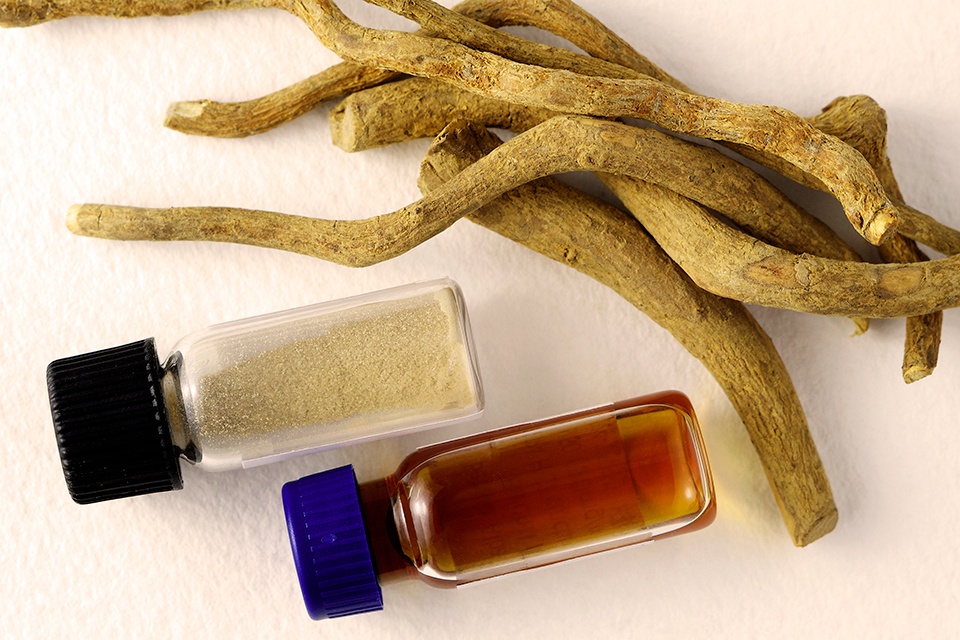
Some psychedelics like MDMA, psilocybin, and LSD have enjoyed much of the spotlight of the psychedelic movement in Western medicine, ibogaine is beginning to emerge as an exciting actor in the mental health field. Derived from the root bark of Tabernanthe iboga, a rainforest shrub native to West Central Africa, ibogaine has been traditionally used by indigenous peoples for spiritual ceremonies and healing rituals. However, its unique pharmacological and psychotropic effects have led researchers to investigate ibogaine’s potential as a therapeutic tool.
Ibogaine and Addiction
One of the most compelling applications of ibogaine is in treating opioid use disorder (OUD). In particular, ibogaine has a unique ability to reduce withdrawal symptoms and cravings, often in a single session. Limited evidence suggests a similar effect of ibogaine for treatment of cocaine addiction, while the jury is still out on other addictive substances and processes.
When I first heard the claim that ibogaine could help treat addiction, I thought it was an impossible, oversimplified, flashy headline. How could a drug possibly interact with and instantly treat long-standing addiction circuits? At this time, the precise mechanism of action is still rather mysterious. Yet preliminary research suggests that ibogaine interacts with serotonin, NMDA, and opioid receptors to “reset” certain parts of the brain that are involved in addiction.
Plus, ibogaine does more than simple pharmacology; its psychedelic effects may encourage meaning-making and engagement with life (see our blogs explaining effects of psychedelics on the self or embodied cognition). Without understanding and tending to the unmet need underlying addiction, cessation of one addiction often leads directly into another addiction, for example, trading a substance use disorder for an exercise addiction. Trauma and addiction expert, Gabor Maté, famously says, “The question is never ‘Why the addiction?’ but ‘Why the pain?’” (Maté, 2010, p. 36). Like other psychedelics, ibogaine opens consciousness to make aware that which was not previously aware, including unresolved pain. It can also help facilitate connection with spirituality, including emotions like unity, awe, gratitude, and love. In essence, ibogaine works at two levels: 1) helping stabilize the brain’s neurocircuitry that has been altered in addiction while 2) opening up the psyche in ways that might reduce impulse toward the addiction.
Therefore, working with ibogaine for addiction does not imply a quick fix. I would think of it as a multifaceted approach combining treatment and counseling, aligning with holistic recovery goals. Unlike methadone or buprenorphine, which require ongoing dosing, ibogaine could potentially offer a one-time intervention that, with continued support and integration, leads to long-term behavioral change. That said, clinical studies on ibogaine’s efficacy for OUD remain limited, and more data is needed to support its widespread use.
Ibogaine for Traumatic Brain Injury (TBI)
Another emerging clinical application of ibogaine is in traumatic brain injury (TBI). Early studies imply that ibogaine may encourage neurogenesis, or the growth of new neurons, and support brain plasticity. In animal studies, ibogaine appears to stimulate the brain-derived neurotrophic factor (BDNF), which is vital for cognitive function and recovery post-injury.
Ibogaine could potentially provide relief from symptoms like depression, anxiety, cognitive impairment, and mood dysregulation, which commonly co-occur with TBI. One recent study in veterans with posttraumatic stress disorder (PTSD) found that a single treatment of ibogaine with magnesium (to reduce potential cardiotoxic effects) reduced disability scores as well as symptoms of PTSD, depression, and anxiety. These effects persisted at least 1-month following the magnesium-ibogaine therapy, exhibiting. The study also showed improvements in many of the neuropsychological tests, including processing speed, executive functions, and accuracy in sustained attention at both post-treatment time points. While the neuroplastic and psychospiritual effects of ibogaine are promising, there is still much to learn about the appropriate dosing and administration methods for individuals with TBI.
Adverse Events
As with many powerful plant medicines, ibogaine comes with significant risks that do not make it accessible for everyone, especially those with specific preexisting conditions. The most dangerous and well-documented contraindications for ibogaine therapy are cardiac-related. Ibogaine is well known to cause a specific change in the electrical firing pattern of the heart, as measured by electrocardiogram. This effect, in vulnerable people, can lead to an irregular heart rhythm and even death. To evaluate and minimize this risk, it seems obvious to propose that an evaluation of risk by a qualified physician such as a cardiologist prior to undergoing ibogaine treatment. The vomiting that often accompanies the ibogaine journey may amplify this risk via loss of potassium, as low potassium levels are another risk factor for the heart. Given its psychedelic nature, ibogaine can cause other physical (i.e., gastrointestinal distress) and psychological effects (i.e., changes in mood, sleep, hallucinations) that some patients find challenging, particularly if unprepared for the extraordinary length of an ibogaine journey, typically lasting up to 72 hours.
Conclusion
While ibogaine offers exciting potential in the realms of addiction treatment and TBI recovery, it is by no means a “cure-all.” It is a powerful medicine that must be honored with respect. Working with ibogaine requires carefully balancing an understanding of a person’s medical condition and psychological profile, to assess possible pharmacological risks. In risk assessment, it’s also worth considering what alternatives (have less risky treatments been exhausted?) and what the risks are of not treating an OUD, which itself is often a lethal disease, to say nothing of the damage to family members of unresolved addictions. Nevertheless, ibogaine is making its way to the stage as an option worth exploring for holistic recovery and wellness.
Citation
Maté, G. (2010). In the realm of hungry ghosts: Close encounters with addiction. North Atlantic Books.







